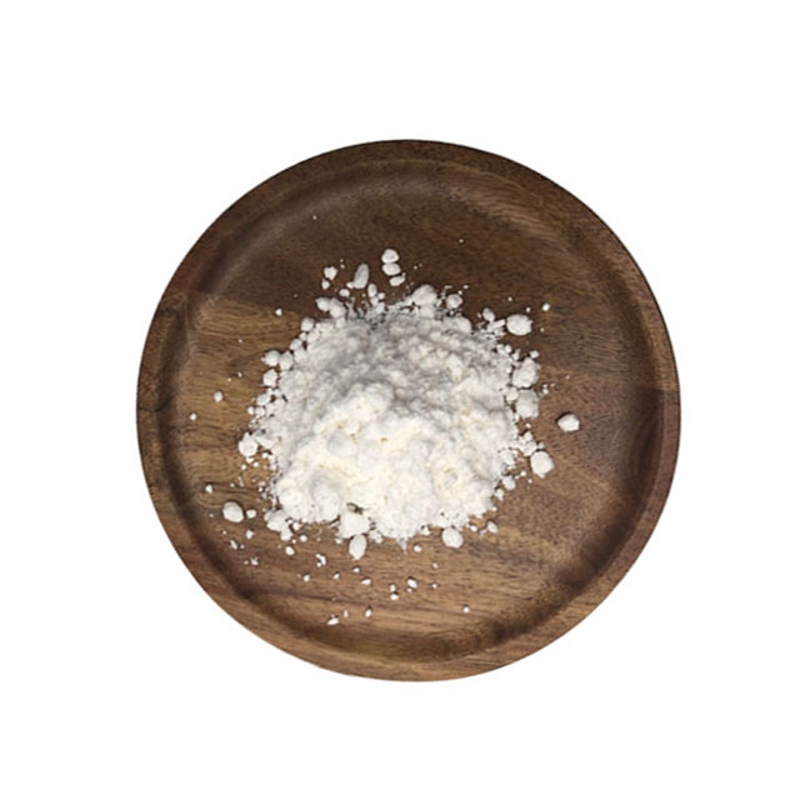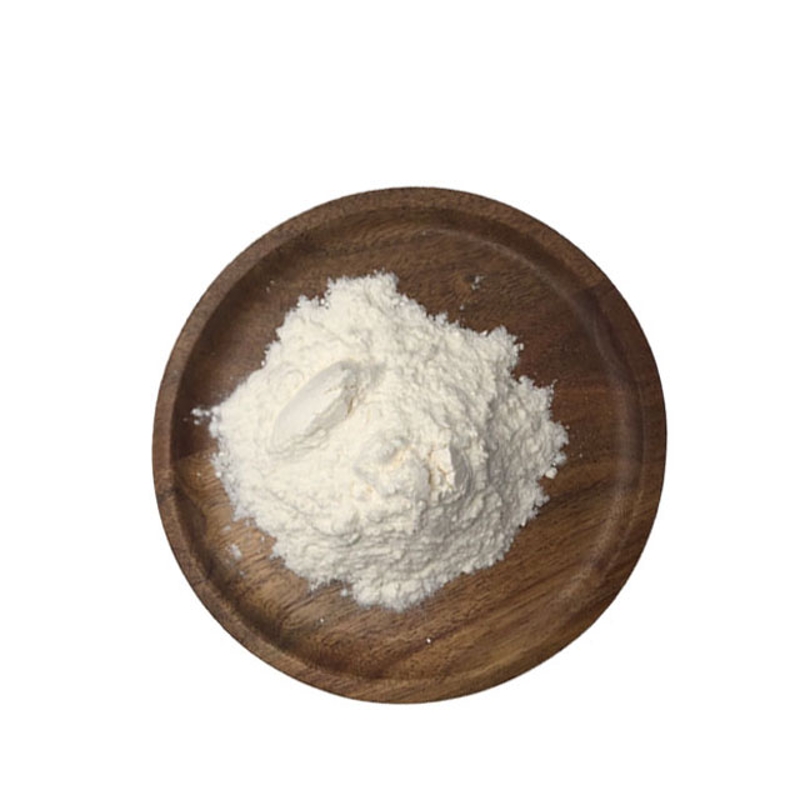-
Categories
-
Pharmaceutical Intermediates
-
Active Pharmaceutical Ingredients
-
Food Additives
- Industrial Coatings
- Agrochemicals
- Dyes and Pigments
- Surfactant
- Flavors and Fragrances
- Chemical Reagents
- Catalyst and Auxiliary
- Natural Products
- Inorganic Chemistry
-
Organic Chemistry
-
Biochemical Engineering
- Analytical Chemistry
- Cosmetic Ingredient
-
Pharmaceutical Intermediates
Promotion
ECHEMI Mall
Wholesale
Weekly Price
Exhibition
News
-
Trade Service
*Only for medical professionals to read for reference, 1 minute a day, to give you professional "talking information" in the tumor circle! (If you need the original text of the literature, you can add the editor WeChat yxj_oncology to get it) Key points: "The Lancet" sub-published Zhongshan Sixth Hospital's first new treatment for colorectal cancer neoadjuvant immunotherapy JAMA sub-publish: Cabozantinib treatment of brain metastasis kidney cells Cancer patients have considerable curative effect and well tolerated Cancer: Robotic surgery may improve the long-term survival rate of hepatocellular carcinoma patients compared to laparoscopic surgery.
New drug: CDK4/6 inhibitor Ribociclib new drug listing application accepted 01 "Lancet" sub-published in Zhongshan Six hospitals pioneered a new new protocol for neoadjuvant immunotherapy for colorectal cancer.
On October 21, Professor Deng Yanhong, director of the tumor center of the Sixth Affiliated Hospital of Sun Yat-Sen Combined with celecoxib (COX-2 inhibitor) in the treatment of mismatch repair protein deficiency (dMMR) or microsatellite highly unstable (MSI-H) locally advanced colorectal cancer single center, parallel, uncontrolled, random, The recent efficacy results of the Phase II clinical trial (PICC) are published online in The Lancet Gastroenterology & Hepatology
.
The study confirmed the effectiveness and safety of neoadjuvant treatment with PD-1 monoclonal antibody teriprizumab in patients with dMMR/MSI-H before surgery
.
The screenshot study on the journal's official website enrolled 34 patients with locally advanced colorectal cancer with dMMR/MSI-H who were randomized to receive teriprizumab combined with celecoxib or teriprizumab as a single agent
.
The results showed that the pathological complete remission rate (pCR) of patients in the teriprizumab combined with celecoxib group was as high as 88%, and the pCR rate of the teriprizumab monotherapy group was 65%.
Traditional neoadjuvant chemotherapy or The pCR rate of chemotherapy and radiotherapy is only 9%-25%
.
In addition, 33 of the 34 patients (97%) achieved major pathological remission (MPR), that is, the residual tumor cells in the surgically removed primary tumor sample were ≤10%
.
The higher pathological remission rate brought by the research treatment plan for patients provides more opportunities for follow-up organ function protection and the implementation of the "wait-and-watch" strategy
.
The study also proved that the neoadjuvant immunotherapy strategy with or without celecoxib was safe and feasible.
All patients in the group had no disease progression during the treatment period, and all received R0 radical surgery as scheduled
.
During neoadjuvant therapy, only one patient (3%) had a grade 3 or higher adverse reaction (grade 3 aspartate aminotransferase elevation), while the incidence of grade 3 or higher adverse reactions in traditional neoadjuvant chemotherapy or radiotherapy and chemotherapy was 9%- 38%
.
02JAMA Sub-Journal: Cabozantinib is effective and well-tolerated in patients with brain metastatic renal cell carcinoma.
The clinical activity of Cabozantinib in metastatic renal cell carcinoma (RCC) has been proven, but it is currently effective against Among them, the efficacy of RCC patients with brain metastases is still unclear
.
Recently, a study exploring the efficacy and safety of cabozantinib in the treatment of RCC patients with brain metastases was published in JAMA Oncology
.
The results showed that cabozantinib exhibited considerable activity and acceptable safety characteristics in patients with RCC brain metastases
.
Screenshot of the journal's official website In this retrospective study, 88 patients with metastatic RCC and brain metastases who were treated in 15 international institutions (the United States, Belgium, France, and Spain) from January 2014 to October 2020 were included in cohort A (N=33; RCC patients with progressive brain metastases without brain-targeted local therapy) and cohort B (n=55; patients with stable or progressive brain metastases with brain-targeted local therapy)
.
Patients can receive cabozantinib monotherapy in any number of treatment lines
.
The primary endpoint of the study was the response rate and safety of intracranial radiology determined according to the version 1.
1 of the evaluation criteria for the efficacy of solid tumors (RECIST v1.
1)
.
The median follow-up time was 17 months
.
The results showed that the intracranial remission rates of cohorts A and B were 55% (95% CI, 36%-73%) and 47% (95% CI, 33%-61%), respectively
.
In cohort A, the extracranial response rate was 48% (95%CI, 31%-66%), the median time to treatment failure was 8.
9 months (95%CI, 5.
9-12.
3 months), and the median overall survival The period (OS) is 15 months (95% CI, 9.
0-30.
0 months)
.
In cohort B, the extracranial response rate was 38% (95%CI, 25%-52%), the time to treatment failure was 9.
7 months (95%CI, 6.
0-13.
2 months), and the OS was 16 months ( 95% CI, 12.
0-21.
9 months)
.
In terms of safety, cabozantinib is well tolerated, no unexpected toxic effects or neurological adverse events have been reported, and no drug-related deaths have been observed
.
03Cancer: Compared with laparoscopic surgery, robotic surgery may improve the long-term survival rate of patients with hepatocellular carcinoma.
Recently, an investigation is conducted to explore whether patients with hepatocellular carcinoma (HCC) undergoing robot-assisted liver surgery and laparoscopic liver surgery have different short-term and long-term clinical features.
The outcome study was published in Cancer
.
The results show that robotic surgery is not inferior to laparoscopic surgery in the treatment of early HCC, and may improve the long-term survival rate (SR) of HCC patients
.
The screenshot study on the journal's official website included 3049 patients with stage I HCC who underwent robotic or laparoscopic surgery from 2010 to 2015, of which 123 received robotic surgery and 2926 received laparoscopic surgery
.
The study used the Cox proportional hazard model to estimate all-cause mortality at 1, 3 and 5 years after surgery to compare the long-term outcomes of patients undergoing robotic surgery and laparoscopic surgery
.
The results showed that the 1, 3, and 5-year SRs of patients undergoing robotic surgery were 0.
92, 0.
75, and 0.
63, respectively (P <0.
01), and the SRs of patients undergoing laparoscopic surgery were 0.
86, 0.
60, and 0.
45; Compared with surgery, the 5-year total mortality of patients undergoing robotic surgery was significantly reduced (HR, 0.
64; 95% CI, 0.
45%-0.
93%; and propensity score matching analysis also found similar results: compared with laparoscopic surgery , Robotic surgery is related to the improvement of the patient’s OS rate (HR, 0.
64; 95% CI, 0.
43%-0.
96%)
.
04 New drug: CDK4/6 inhibitor Ribociclib new drug listing application accepted October 22, China National Food and Drug Administration The latest announcement by the Center for Evaluation (CDE) shows that Novartis’s application for the marketing of Ribociclib in China has been accepted
.
Ribociclib has previously been approved for marketing in dozens of countries including the United States
.
Ribociclib is a selective cyclin-dependent kinase inhibitor , By inhibiting the two proteins cyclin-dependent kinase 4 and kinase 6 (CDK4/6), helping to slow the progression of cancer
.
At the 2021 European Society of Medical Oncology Annual Meeting (ESMO 2021), researchers announced Ribociclib and Lytra MS oxazole, III trial final results advanced or metastatic breast cancer in postmenopausal treatment of HER2-negative-positive HR
.
patients receiving Ribociclib and letrozole combination therapy was 63.
9 months, median OS was significantly better than the control group Of 51.
4 months
.
In addition, compared with letrozole single agent, the Ribociclib/letrozole combination can delay the patient's need to start chemotherapy by 12 months
.
Reference: [1]https://#%20.
[2]Hirsch L, et al.
JAMA Oncol.
Published online October 21, 2021.
https://jamanetwork.
com/journals/jamaoncology/article-abstract/2784989[3]Linh M, et al.
Cancer.
Published online October 21, 2021.
https://acsjournals.
onlinelibrary.
wiley .
com/doi/epdf/10.
1002/cncr.
33979[4]https://mp.
weixin.
qq.
com/s/oFXxTHbEHX6Zkv5yYzXE0Q.







